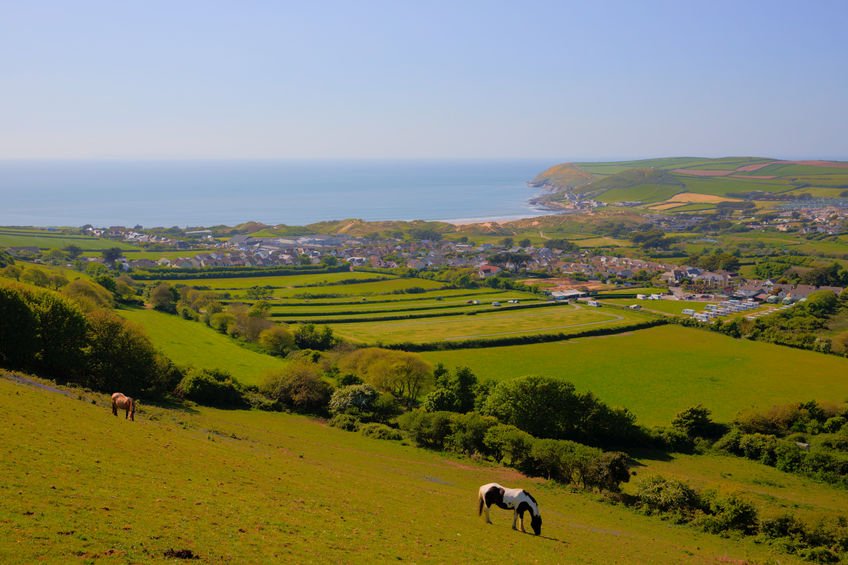
Rural groups have welcomed the government's announcement that tourism businesses can be reopened from next month following the Covid-19 crisis.
The prime minister has confirmed that leisure firms can re-open from 4 July as social distancing rules will be relaxed from two metres to one metre.
Boris Johnson said pubs, restaurants, hotels, campsites and caravan parks would be allowed to reopen with new health and safety restrictions.
It comes amid fears that rural tourism businesses could see revenues fall by up to £17.6bn this year because of the pandemic.
The Country Land and Business Association (CLA) said tourism firms had 'breathed a sigh of relief' following the announcement.
"Now that restrictions are being lifted we are encouraging everyone to book their self-catering family holiday in the beauty of the British landscape," CLA president Mark Bridgeman said.
“We hope that people are looking forward to enjoying the tranquility and space that the rural areas have to offer and enjoy. There is nowhere better for a holiday than the British countryside.”
He explained that further efforts were required by government to support the tourism sector, such as a reduction in VAT to help domestic tourism become competitive.
In the UK, VAT on tourism businesses - at 20% - is higher than in many other countries, including France (10%), Spain (10%) and Greece (13%).
"Competitive pricing, along with the promotion of domestic tourism, will significantly boost the economy and also help reduce our carbon footprint," Mr Bridgeman added.
The Countryside Alliance, which has been campaigning for the safe reopening rural businesses, explained that Covid-19 has had a 'devastating impact' on UK hospitality and tourism.
Mo Metcalf-Fisher of the Countryside Alliance said: “The prime minister’s announcement is incredibly welcome as it offers people the chance to enjoy a holiday in our beautiful countryside, giving a much needed boost to fragile local businesses.
"Now all focus must be on ensuring local authorities encourage tourism and desist from using anti-tourism rhetoric, which only harms local businesses.”
